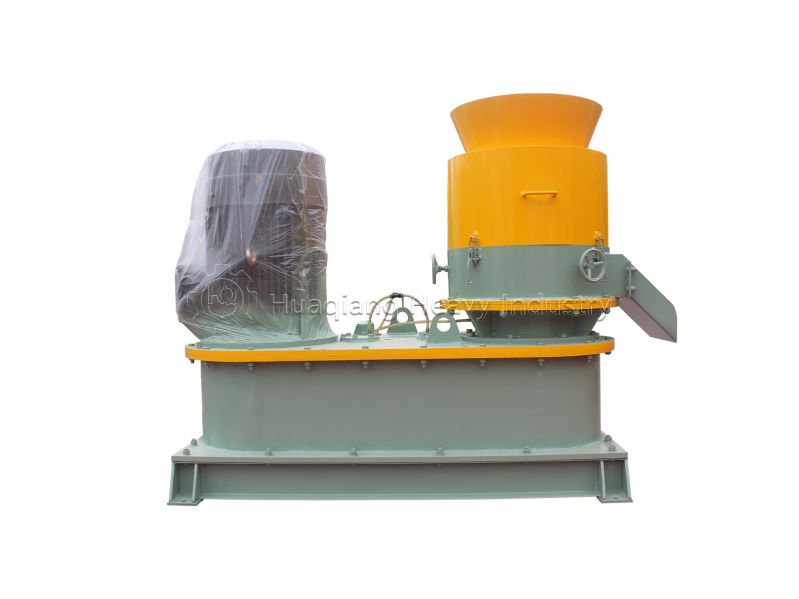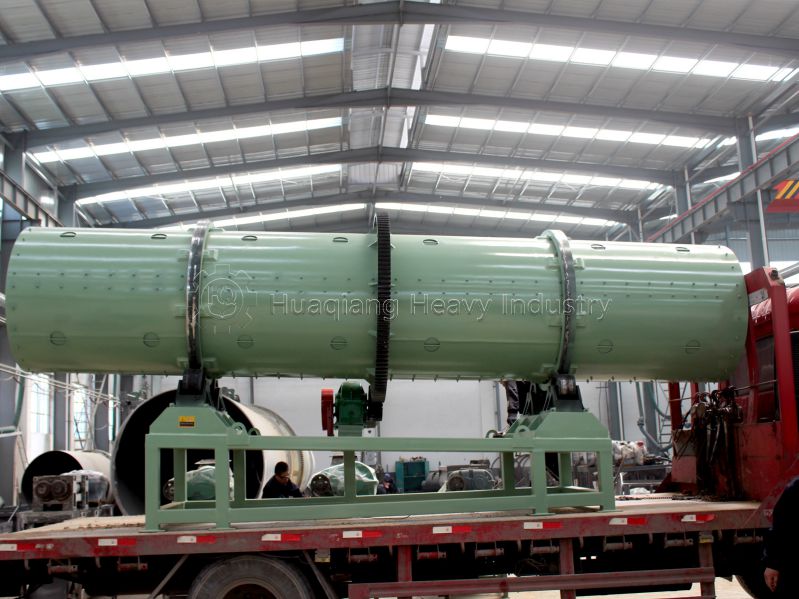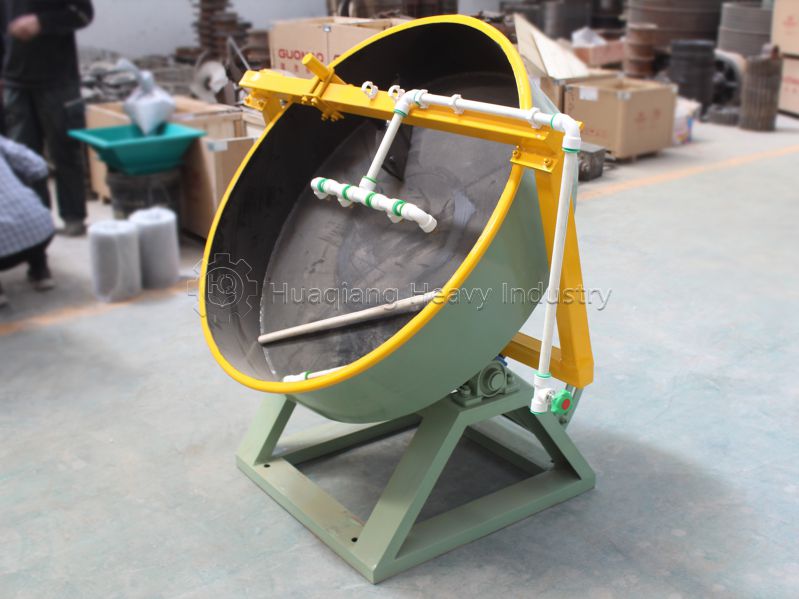In modern agricultural production, the choice of fertilizer is crucial for crop growth and soil health. Organic and inorganic fertilizers are two common types of fertilizers that play different roles in agricultural production. This paper will discuss the advantages of using organic fertilizer compared with inorganic fertilizer, and combined with fertilizer granulator equipment, in-depth analysis of the application of organic fertilizer in agricultural production.
1. Soil health and ecological balance
Organic fertilizers, such as compost and green manure, are rich in organic matter and can improve soil structure, increase soil water retention and permeability. Long-term use of organic fertilizer can increase the content of organic matter in soil, promote the activity of soil microorganisms, and maintain the ecological balance of soil. In contrast, inorganic fertilizers can quickly provide nutrients needed by plants, but long-term use may lead to deterioration of soil structure and imbalance of microbial communities.
2. Lasting fertilizer effect and nutrient circulation
Organic fertilizers are long-lasting and can release nutrients slowly to meet the needs of crops throughout their growth cycle. The nutrients in organic fertilizer are gradually transformed into the form that can be absorbed by plants through microbial decomposition, avoiding the rapid loss of nutrients. In addition, organic fertilizers can also promote the recycling of nutrients in the soil and reduce environmental pollution.
3. Reduce environmental pollution
Nitrogen, phosphorus and other elements in inorganic fertilizers may enter the water through runoff and leaching when overapplied, resulting in water eutrophication. Organic fertilizers can effectively reduce this environmental pollution. The application of organic fertilizers helps to reduce the amount of fertilizer used, thereby reducing the risk of agricultural non-point source pollution.
4. Improve crop quality
Organic fertilizers can provide a full range of nutrients, including trace elements and beneficial microorganisms, which have a positive effect on improving disease resistance and crop quality. Crops that use organic fertilizers tend to have better taste and nutritional value.
Fertilizer granulator equipment keyword application
In the production process of organic fertilizer, fertilizer granulator equipment plays a key role. The following are several common fertilizer granulator equipment and its application in organic fertilizer production:
Flat-Die Pellet Machine: This device compresses organic fertilizer into pellets by pressure for easy application and storage. The Flat-Die Pellet Machine is suitable for pelleting a variety of organic fertilizers, including compost and green manure.
Rotary Drum Granulator: Rotary Drum Granulator rolls material into pellets by rotating drum, suitable for large-scale Organic Fertilizer Production Line. This equipment can handle a large amount of materials and improve production efficiency.
Disc Granulator: Disc Granulator uses the rotation of the disc and the gravity of the material to make uniform particles of organic fertilizer. This equipment is suitable for the production of high quality organic fertilizer pellets.
Fertilizer Granules Compaction Machine: This device squeezes material into particles by two rollers rotating in opposite directions. Fertilizer Granules Compaction Machine is suitable for the production of high-density organic fertilizer particles, which helps to improve the application efficiency of fertilizer.
By using these advanced fertilizer granulator equipment, the production process of organic fertilizer is more efficient and environmentally friendly, helping to promote the sustainable development of agriculture. The extensive use of organic fertilizers can not only improve crop yield and quality, but also protect and improve the soil environment, providing a solid foundation for future agricultural production.





